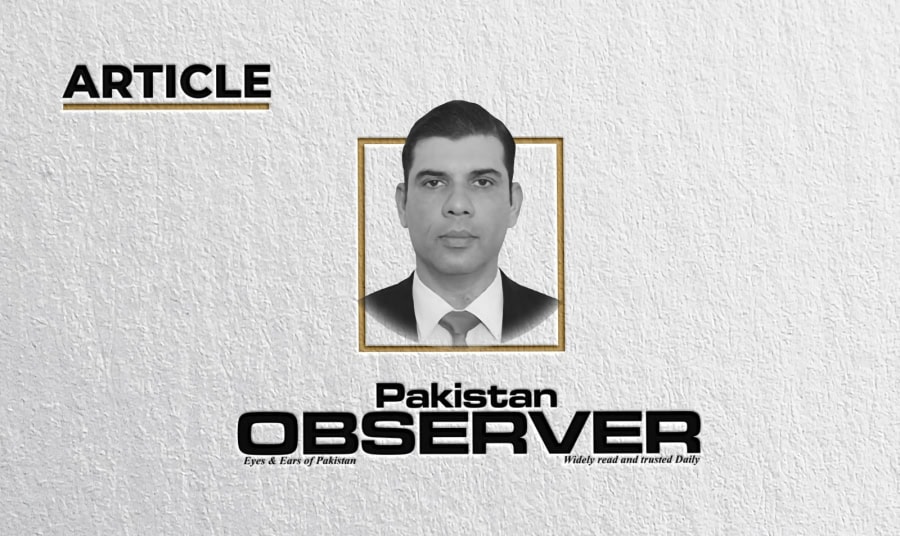Syed Hamzah Saleem Gilani
The profeminist movement has been on the rise in recent years, and it has made great strides in bringing about change for women’s rights. However, there is an ongoing misconception that Islam is somehow opposed to feminism and curbing women’s freedoms. This belief is baseless, as feminist principles are deeply rooted in Islamic doctrine.
Islam teaches respect for all genders and emphasizes that all humans have equal rights regardless of their sex. For example, the Quran says “O humankind! We created you from a single (pair) of a male and female and made you into nations and tribes that ye may know each other (not hate)”. This reflects the importance placed on equality between men and women in Islamic society. Furthermore, Muslim scholars place great emphasis on developing an understanding of how modern feminism works with traditional Islamic values to ensure gender justice.
Women are a vital part of our society and should be respected as such. They have unique talents, skills and perspectives that provide essential contributions to the world. Therefore, women must be treated in a special manner to recognize their worth and value. This includes providing equal opportunities and access to resources, as well as removing any obstacles that may stand in their way of achieving success. By doing so, we can create a more equitable society for all.
The feminist movement has sought to equalize men and women in nearly all aspects of society. Unfortunately, in the process, it has reduced the rights of women in some aspects due to its goal of equality. However, this is not true for Islam where women have far more rights than those found elsewhere in the world.
Sa’ee in Hajj is an example of how much importance Islam gives to women. Sa’ee is the rite every pilgrim must perform during Hajj, which involves walking back and forth seven times between two mountains – Safa and Marwa. This rite symbolizes the great journey taken by Hajrah, Ibrahim’s (A.S) noble wife when she ran desperately looking for water for her baby Ismail (A.S). She ran between these two hills several times until a miracle happened right where Zamzam well lies today in Makkah.
This story reflects the great honor that Islam gives to women by including this significant part of their historical journey into its rituals. It also shows that Islam values women as capable individuals who can contribute greatly to society with their strength and resilience even in desperate times of need.
It is my observation that women generally appreciate feeling protected and cared for, rather than being treated as equals to men. They enjoy the idea of being respected and looked after, so when they are shown this kind of attention it makes them feel special. Women also seem to prefer more subtle approaches to things, such as gentle kindness and delicate gestures, rather than a more dominant approach that could be associated with someone of the male gender.
In conclusion, the notion of gender equality is a complex and multifaceted concept. It has been debated for centuries, but can never be fully quantified or definitively concluded upon. The medical charts of boys and girls are different due to physiological differences between the sexes; however, when it comes to being rewarded for deeds, both genders are equal in terms of merit. In Islam specifically, women have even more rights than men do–rights that define their social status in the community and protect them against discrimination by society or their own families. Moreover, Islam emphasizes that men must protect and serve women as a part of their religious duty.
Therefore, while there may be some disparities in rights between men and women on a societal level as well as physiological differences between the two genders, gender equality exists in its way within Islamic law.










